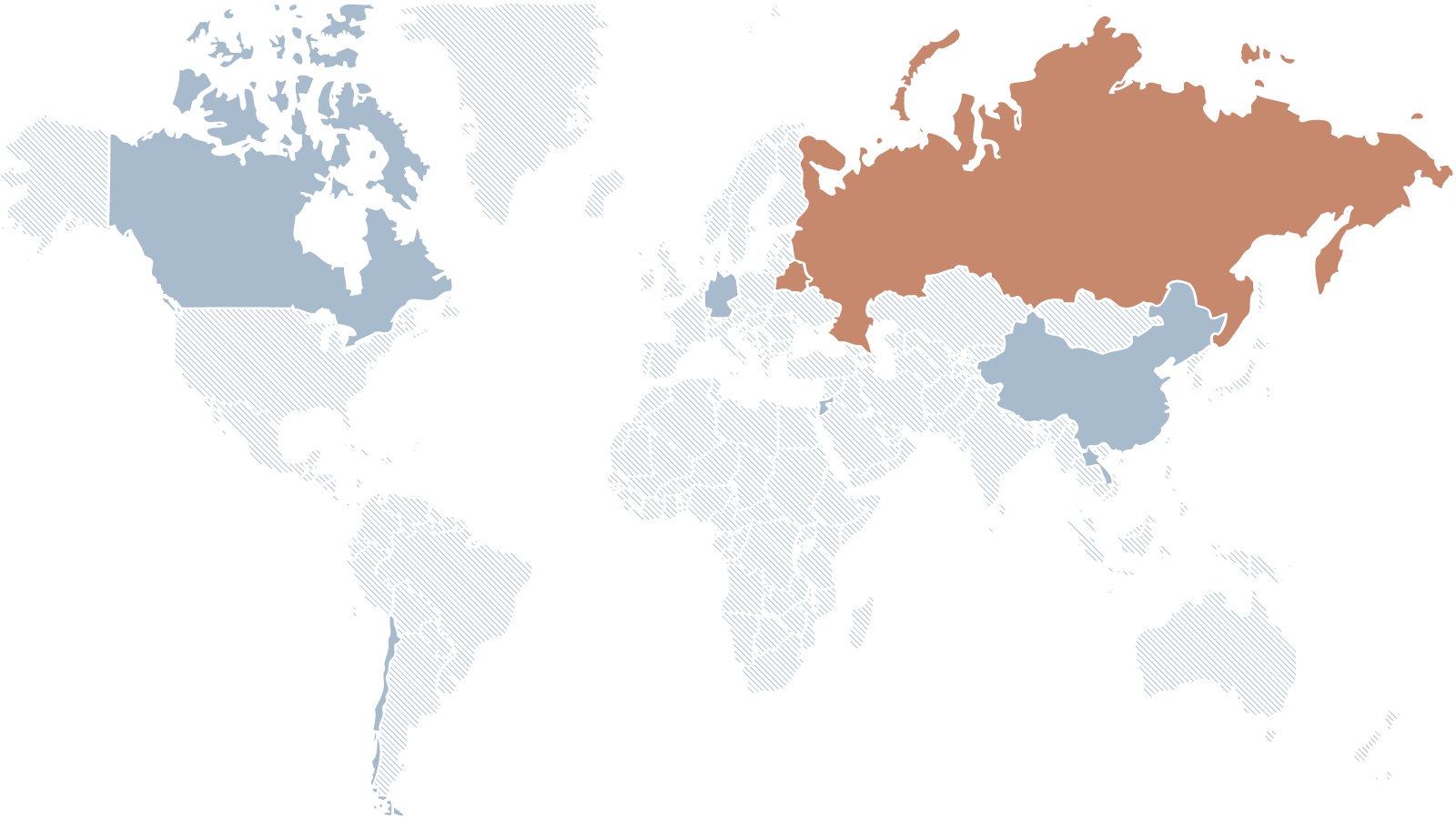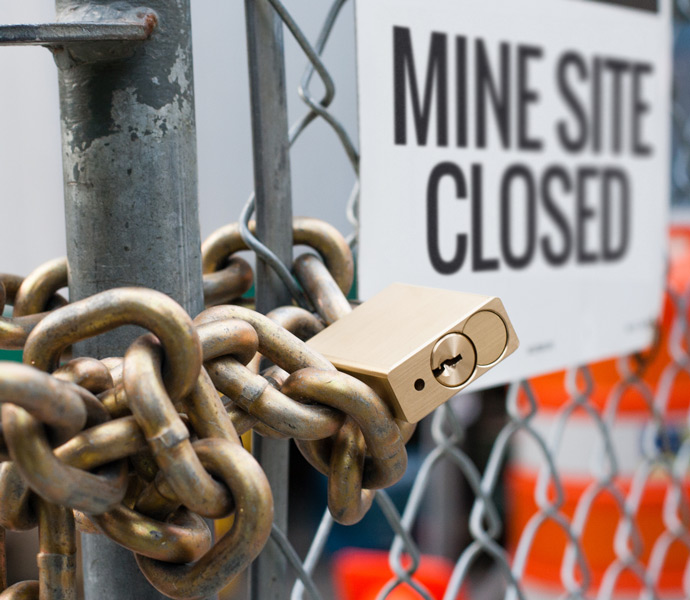Canadian potash helps farmers grow healthy crops to feed a healthy world. In other words, potash puts food on the table. Domestically-produced potash isn’t just agriculture’s essential ingredient, it also supports thousands of jobs, contributes billions to our economy, and protects our food supply from disruption. Unfortunately, those jobs, the industry’s future, and Canada’s food security are now threatened by predatory competition from abroad and duplicative red-tape at home.
To Keep Canadian Potash Competitive and continue to put food on everyone’s table it’s time to dig deeper.
Many foreign potash producers, like China, Russia and Belarus, do little to safeguard their workers or protect the environment.
Now, they are targeting Canada’s potash producers.
Here at home, high taxes, duplicative red-tape, and insufficient infrastructure threaten to make Canadian potash more expensive for farmers and less competitive globally.
That’s a big problem for Canadian workers and Canadian food security. Simply put, it’s dangerous to depend on global competitors to feed Canada’s families.

The price of potash is set by the market, and made more expensive by duplicative red-tape, uncompetitive taxes, and access to trade infrastructure.
Foreign competitors take advantage of less comprehensive environmental regulations in their countries and are often owned and operated by governments themselves.
Subsidies by their governments undermine the competitiveness of the potash industry, artificially lowering their production costs and enabling them to sell goods at prices below market value.
Keeping Canadian Potash Competitive means avoiding needless costs and regulatory burdens.
These rates mean global customers can more affordably purchase Russian and Belarus’ potash, increasing those countries’ market share.

Stop the policies that harm potash production and export like heavy taxes and duplicative red-tape

Start implementing policies that give Canada a competitive edge, like modernizing critical trade infrastructure.
Sources: CRU/IFA/NRCan/USGS
Canada
World Production:
22M Tonnes
Belarus
World Production:
10M Tonnes
Russia
World Production:
12.5M Tonnes
Israel
World Production:
3.6M Tonnes
China
World Production:
6M Tonnes
Other Countries
World Production:
13M Tonnes

The Russo-Ukrainian War saw sanctions imposed on Russia and Belarus that temporarily increased the price of fertilizer and disrupted the supply chain.
Governments concerned about stable potash supplies asked North American producers to increase supply to secure crop production.
Canada should avoid needless costs and red tape to keep its potash industry competitive in a market affected by global instability.
Canadian potash producers actively work towards more sustainable mining practices.
Several companies are implementing initiatives aimed at reducing their environmental impact and promoting responsible resource management.
4R Nutrient Stewardship is an internationally recognized program that advocates for the responsible and effective management of nutrient resources. 4R Nutrient Stewardship is a science-based framework utilizing the Right Nutrient Source, with the Right Rate, at the Right Time, and in the Right Place.

There are 2 potash projects under development in Canada.

There are 7 projects underway in Russia and Belarus.

There are 2 projects being developed in Laos.

When supply chain disruptions occur due to avoidable infrastructure-related challenges, labor shortages or port governance issues, global competitors will fill the void, putting Canadian jobs at risk and increasing the cost of food production.

Investing in and maintaining transportation infrastructure and supply chains is key to maintaining Canada’s competitive edge.



20%
